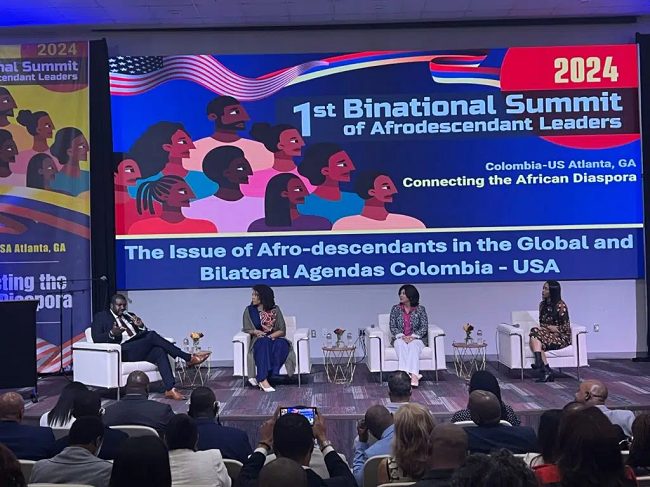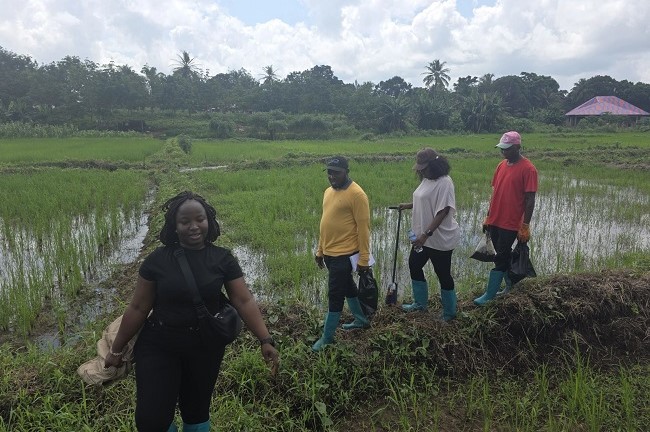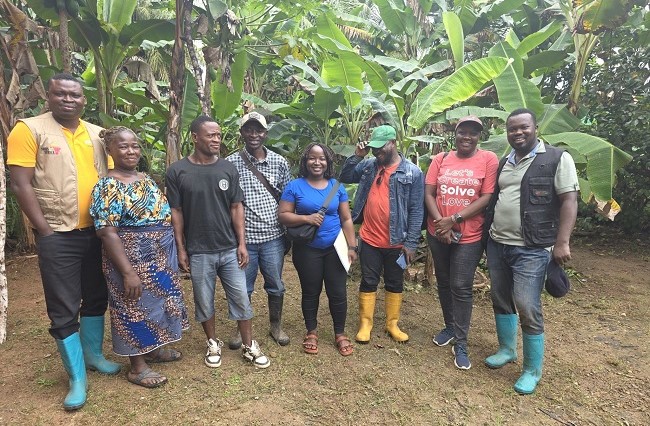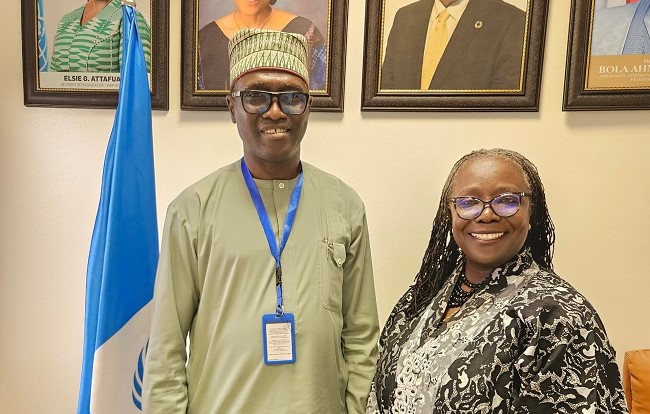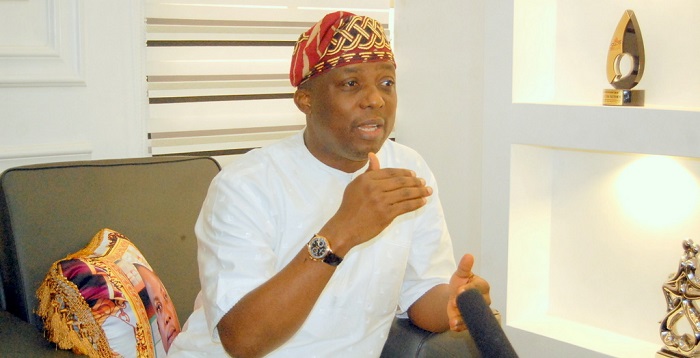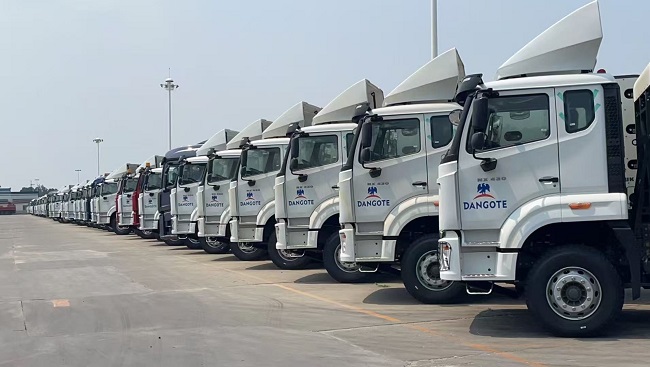United Nations Secretary-General, António Guterres, said in a special address on Tuesday, July 22, 2025, that the rising abundance and falling costs of wind, solar and other renewable energy sources present “the dawn of a new energy era” of cheap, clean power and an opportunity to meet the climate challenge.

“The fossil fuel age is flailing and failing,” Guterres said, adding that nearly all new power capacity built last year came from renewable sources. He said the economics of renewable energy had passed a tipping point making the clean energy transition “unstoppable.”
Guterres called on nations to fully embrace the potential of clean energy as they submit plans to meet greenhouse gas emissions reduction targets. He also challenged major tech companies to meet their surging demand for power for data centres with 100 percent renewable energy by 2030.
“By 2030, data centres could consume as much electricity as all of Japan does today,” Guterres said. “This is not sustainable, unless we make it so.”
Drawing on statistics from a report released on Tuesday by the International Renewable Energy Agency (IRENA), Guterres lauded the remarkable growth of renewable energy in the decade since the Paris Climate Agreement was signed in 2015.
Solar and wind power, once costly alternatives to electricity generated by burning coal or gas, are now roughly 40 to 50 percent cheaper than fossil fuels, the report found. Grid-scale batteries to store renewable energy – an important means of making the intermittent energy supply from sun and wind match times of energy demand – were scarce in 2015. Since then, the IRENA researchers found that global battery storage capacity has soared from just 2 gigawatts to 90 gigawatts.
Guterres said the abundance of affordable clean energy means that government leaders can be much more aggressive on emissions reductions, “using new national climate plans to go all-out on the energy transition.”
Countries that are parties to the Paris Agreement are required to periodically update their emissions reduction plans, called Nationally Determined Contributions (NDCs) and new plans are due when the U.N. convenes the COP30 climate talks in November in Brazil.
Guterres said he will convene a high-level event during the U.N. General Assembly in September to highlight NDCs that deliver on global promises to triple renewable energy capacity by 2030 and reach global net-zero emissions by 2050.
Former President Joe Biden submitted the U.S. NDC late last year near the end of his term in office, but it was largely a symbolic move. President Donald Trump pulled the U.S. out of the Paris Agreement upon taking office in January.
Guterres did not reference Trump by name, but his remarks offered an unmistakable rebuke to Trump’s energy policies that gut support for renewables in favour fossil fuels.
“The clean energy future is no longer a promise, it’s a fact,” Guterres said. “No government, no industry, no special interest can stop it.”
Trump has dismantled climate-related research at federal agencies, placed additional barriers to solar and wind development and moved to end many regulations on greenhouse gas emissions from autos and the power sector, all while expanding mining and drilling access to public lands.
While Guterres wants Big Tech to commit to renewable energy to power the boom in AI data centers, Trump and his top-level officials used an event last week to urge more use of coal and natural gas to power AI. At a summit on energy and AI in Pittsburgh, Trump’s Energy Secretary Chris Wright, a former fracking industry executive, downplayed the seriousness of climate change and ridiculed Biden-era support for clean power as the “energy crazy train.”
Guterres said such continued investment in fossil fuels will drive up costs and create stranded assets in the long term.
“Countries that cling to fossil fuels are not protecting their economies; they are sabotaging them,” he said. He argued that dependence on fossil fuels leaves economies at the mercy of price shocks due to disruption to supplies and geopolitical turmoil, as happened with energy prices in Europe following Russia’s invasion of Ukraine.
“Let’s be clear,” he said, “the greatest threat to energy security today is fossil fuels.”
In response to the UN Secretary General’s report, and the associated energy report, Climate Action Network says welcomes the meaningful mention of the need for a Just Transition.
“The renewable energy transformation is here, and it is unstoppable, as Mr. Guterres stated today, but without effort and political will, this power shift risks being unjust, exploitative and unsustainable,” stated the group.
Jacobo Ocharan, Head of Political Strategies, Climate Action Network International, said: “The Secretary-General was on the money when he said that the energy transformation must deliver equity, dignity and opportunity for all – this is the beating heart of what a just transition means. The just transition is about embracing the future and not being stuck in the polluting and unfair past, which is where the fossil fuel industry wants us trapped. COP30 can and must deliver on just transition with a path grounded in human rights, justice and equity. The brief mention of nuclear needing to be in the energy mix was a shame, but the focus overall was on the just transition to renewable energy.
“The call for international cooperation to support low-income countries that are highly dependent on fossil fuels is timely and welcome, especially as the world is in the throes of massive division and nationalism. Likewise, the calls to reform the global financial architecture and debt for developing countries are positive, while the creeping mentions of investment opportunities and private finance are a concern.”


